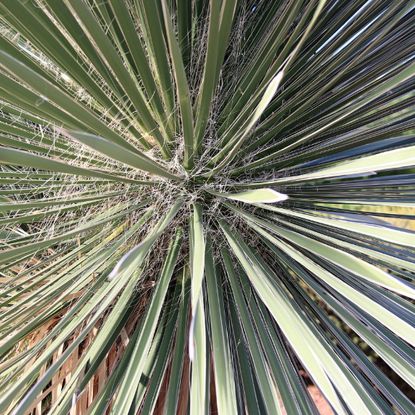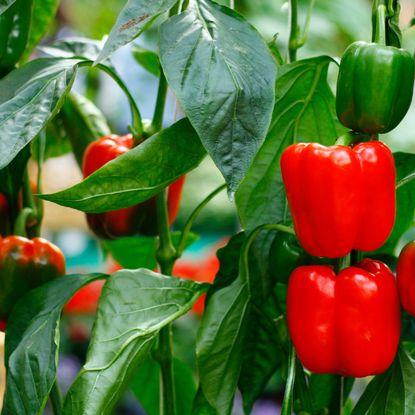Top 10 Plant Q&A
Your ultimate guide to Top 10 Plant Q&A: Everything you need to know with expert info for beginners and advanced gardeners alike.
Top 10 Plant Q&A
-
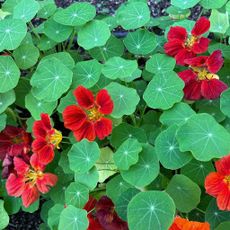
Top 10 Questions About Nasturtiums
Nasturtiums are beautiful and the flowers are edible. Read about the top 10 questions we get about nasturtium plants.
By Laura Miller
-
Top 10 Questions About Weeds
By Mary Ellen Ellis
-
Top 10 Questions About Manure Fertilizer
By Darcy Larum
-
Top 10 Questions About Crepe Myrtle Trees
By Teo Spengler
-
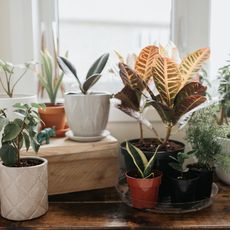
Top 10 Questions About Houseplants
By Nikki Tilley
-
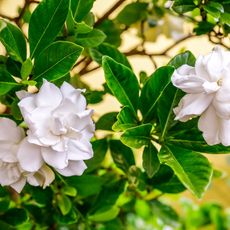
Top 10 Questions About Gardenias
By Nikki Tilley
-
Top 10 Questions About Peach Trees
By Bonnie Grant
-
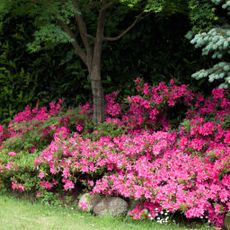
Top 10 Questions About Azalea Bushes
By Nikki Tilley
-
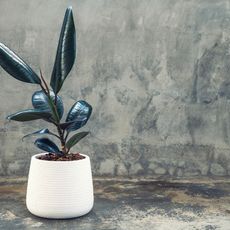
Top 10 Questions About Rubber Tree Plants
By Bonnie Grant
-
Top 10 Questions About Tomatoes
By Amy Grant
-
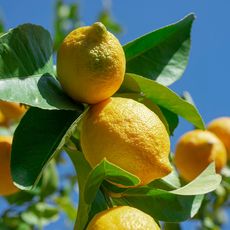
Top 10 Questions About Lemon Trees
By Amy Grant
-
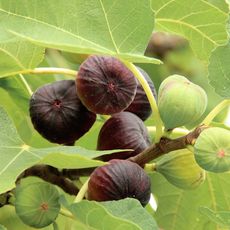
Top 10 Questions About Fig Trees
By Amy Grant
-
Top 10 Questions About Zucchini Plants
By Liz Baessler
-
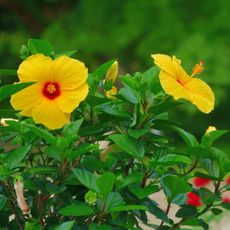
Top 10 Questions About Hibiscus Plants
By Liz Baessler
-
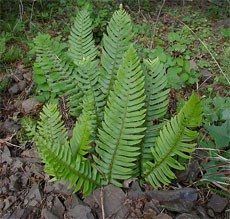
Top 10 Questions About Lime Trees
By Liz Baessler
-
Top 10 Questions About Roses
By Darcy Larum
-
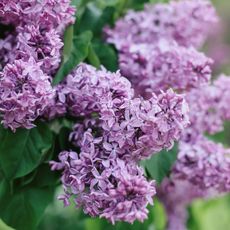
Top 10 Questions About Lilac Shrubs
By Teo Spengler
